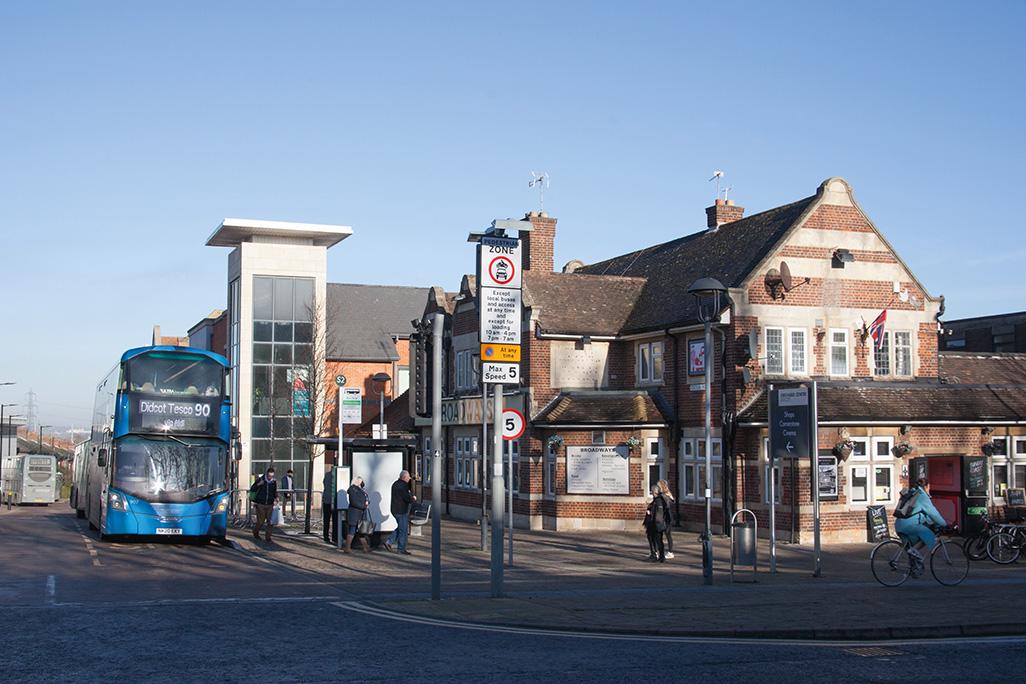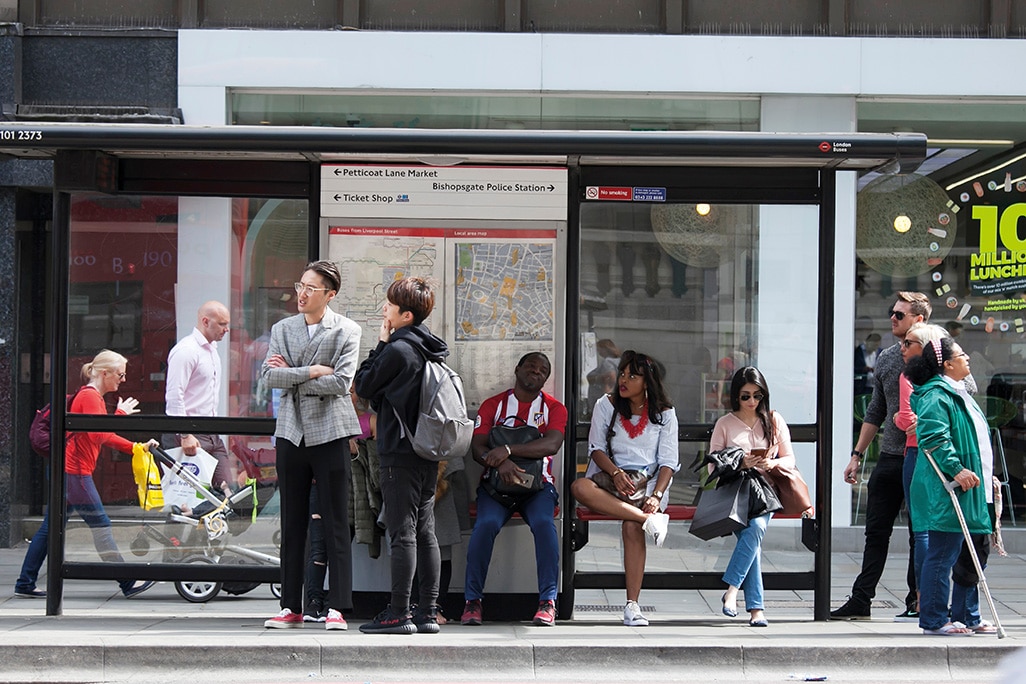The announcement of £150m of new funding provides welcome shortterm relief. The next few months will be critical, writes CPT’s Graham Vidler
Earlier this month the government announced almost £150m of new funding to support England’s vital bus services through to October 2022. The industry has been warning as far back as October last year that, in the face of continued reductions in passenger numbers, bus services would have to be cut when the Bus Recovery Grant funding ended in April 2022.
This six-month funding package provides welcome (if short-term) relief and, in a context where the government is withdrawing at pace from any other form of COVID-19 linked expenditure, is a huge vote of confidence in the value of bus services.
Supporting the industry now means we are ensuring that, as the COVID-19 pandemic hopefully ends in the coming months, the industry is in the strongest possible position to play a full part in the country’s economic recovery and help to reach important climate change goals. My thanks go to everyone who helped raise awareness of the crucial role of our industry and fought the case for more funding to keep services running.
We now need to use the next few months to have open and honest discussions with local authorities about the future size and scope of the bus network.
The bus network from before the pandemic will not be the right network to run in the long term as we exit and leave the pandemic behind. New travel patterns and demand mean that we need to ensure that bus services are there when people need them in 2022 rather than catering to 2019 travel patterns. Operators and local authorities successfully collaborated throughout the pandemic, and we need to see this continue as we develop new networks and deliver the National Bus Strategy.
One area where collaboration between local authorities and operators has been vital is around the payment of concessionary fare reimbursements. The Confederation of Passenger Transport has made it clear to the Department for Transport (DfT) that if, as guided to, local authorities step down concessionary fare payments from April, they risk leaving operators in a situation where some services will become unviable, which would be detrimental to all the passengers who rely on them.
It is helpful that DfT has made it clear to local authorities that they can choose to continue to pay concessionary fare reimbursements at higher levels if they wish. Taking this opportunity will help us deliver the bigger bus network that we, and local authorities, both want to see.
We have to use the next six months to make sure bus services across England – and, indeed, Scotland, where the funding timetable is similar – suit changing travel patterns and grow passenger numbers.
Pro-public transport messaging, a national approach to delivering multi-operator price capped ticketing and investment in bus priority measures where possible will all help.



























